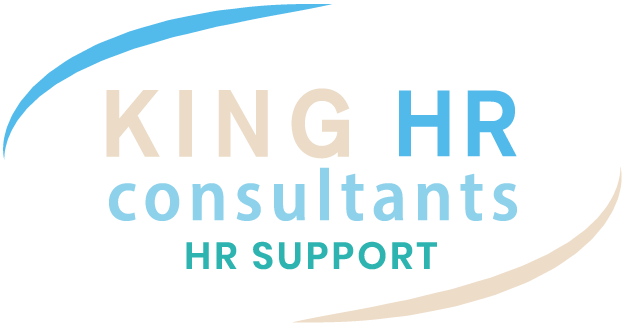
HR: The Humanitarian Department, Not the Police
If you’re an employee, chances are, the phrase, “HR wants to see you”, makes your stomach drop. For too many employees, the Human Resources (HR) department feels like the workplace police department, a place you go when you’re in trouble, not when you need support.
But what if we completely reframed HR’s role? What if instead of being the scary department that enforces rules and manages problems, HR became the humanitarian department, the place people turn to, for support in being human at work?
The Partnership That Changed Everything
Recently, I worked with a customer who as the owner of the business was deeply concerned about an employee’s behaviour. The situation was affecting customer relationships, the rest of the team and traditionally, this would have triggered a classic “shape up or ship out” performance management conversation.
Instead, we took a different approach.
Rather than launching into disciplinary action, we approached it as an evidence-based consultation. We asked: What might be going on for this person? How can we work together to turn this around?
The result? The employee confirmed their desire to move forward as a partner in the business’s success. Not only did we preserve the team and customer relationships, but that employee is now being promoted. What could have been a termination became a transformation because we led with curiosity instead of punishment.
Why the Traditional Approach Fails
The “police department” model of HR creates a fundamental problem: it drives issues underground. When employees fear HR, small problems fester into big ones. People avoid seeking help until situations become critical, and by then, relationships and performance have often deteriorated beyond repair.
This fear-based approach also misses the real story. When we immediately jump to disciplinary action, we often address symptoms rather than root causes. We lose the opportunity to understand what’s really happening and to create sustainable solutions.
What Humanitarian HR Looks Like in Practice
Humanitarian HR doesn’t mean being soft or avoiding difficult conversations. It means approaching challenges with genuine curiosity and a commitment to partnership. Here’s the difference:
Traditional HR: “Your performance is unacceptable. You need to improve immediately or face consequences.”
Humanitarian HR: “I’ve noticed some changes in your work. What’s happening? How can we support you in getting back on track?”
This approach consistently reveals underlying issues that the traditional disciplinary route would miss entirely. The employee could be dealing with a family crisis, struggling with unclear expectations, or lacking resources they need to succeed. When we create psychological safety, people can be honest about what’s really going on.
The Business Case for Humanity
Leading with empathy isn’t just the right thing to do, it’s smart business. Companies with genuinely supportive HR departments see:
- Better retention: People stay when they feel supported through challenges
- Higher engagement: Employees bring their best selves when they feel safe
- Faster problem resolution: Issues get addressed early when people aren’t afraid to raise them
- Stronger performance: Partnership-based accountability is more effective than fear-based discipline
When people feel safe to be human at work, to acknowledge struggles, ask for help, and work collaboratively on solutions, everyone wins.
Balancing Support with Accountability
Humanitarian HR doesn’t mean avoiding accountability or difficult conversations. Instead, it means approaching these situations with empathy and a focus on growth rather than punishment.
True accountability happens when people understand expectations, have the resources they need to succeed, and feel supported in their development. It’s about creating conditions where people can thrive, not just survive.
The consultation approach I used with my client exemplifies this balance. We didn’t ignore the performance concerns or minimise their impact. Instead, we addressed them through partnership and mutual investment in success.
The Path Forward
If you’re in HR, consider this: every interaction is an opportunity to build trust or erode it. Every conversation can either create psychological safety or reinforce fear. Every policy can either support people through challenges or punish them for being human.
The choice between being the police department or the humanitarian department isn’t about individual interactions, it’s about the culture you’re creating and the message you’re sending about what it means to be human at work.
People don’t leave their humanity at the office door. They bring their whole selves, their struggles, their growth, their potential. The question is: will HR be there to support that humanity, or police it?
When we choose partnership over policing, curiosity over judgment, and support over punishment, we don’t just transform individual situations, we transform entire workplace cultures. And that transformation, benefits everyone.
Feel free to use my contact form to share your experiences with HR departments.
Read a related post on performance management as partnership not punishment.

